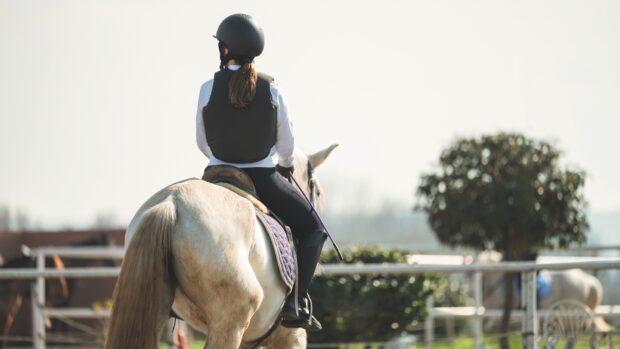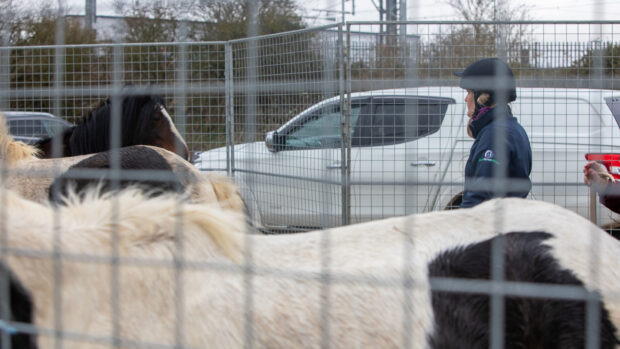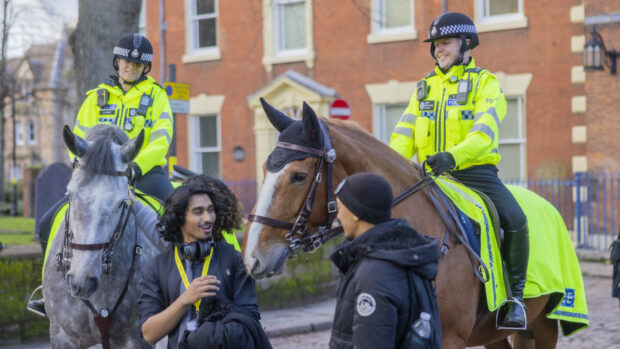Riders are being urged to consider coloured gypsy cobs as riding and competition horses, as the numbers of these animals being taken into charities’ care continues to increase.
Last November, World Horse Welfare chief executive Roly Owers warned that culls of abandoned horses were “very likely” in England this winter, unless local authorities were given the power to seize animals on the spot.
A number of gypsy cobs currently in the care of equine charities were removed from the serial fly-grazer Tom Price. He was jailed earlier this year for welfare offences, after amassing a herd of more than 2,000 animals.
Sam Chubbock, UK head of welfare at World Horse Welfare, said it was “impossible to quantify” the number of fly-grazed gypsy cobs in Britain.
“Charities are aware of at least 5,000, but the number is actually likely to be much larger,” she told H&H.
World Horse Welfare is urging people to consider the “underrated” animals.
“Gypsy cobs are actually extremely versatile horses and can do everything from dressage, hunting, showing, driving or hacking,” said Claire Phillips, manager of the charity’s rescue and rehoming centre in Somerset.
Her comments were backed up by Denise Kersley, breeder of the coloured gypsy cob Tiger Tim, who won the 2013 restricted novice title at the British Dressage National Championships.
Mrs Kersley bred Timmy at Coombe Farm Stud in Dorset from a sire she bought from travellers. She said cobs are suitable for anyone, from novice to older riders.
“Gypsy cobs have a lovely brain and love to please — people don’t realise they can do anything a warmblood can do,” she said. “They love to show off.
“Timmy’s half-sister has done showing and moved on to dressage, where she has progressed within 18 months to competing at advanced medium.
“Where warmbloods might lose their heads in the environment of an indoor school, the cobs just take it in their stride and remain focused on the job,” added Mrs Kersley.



